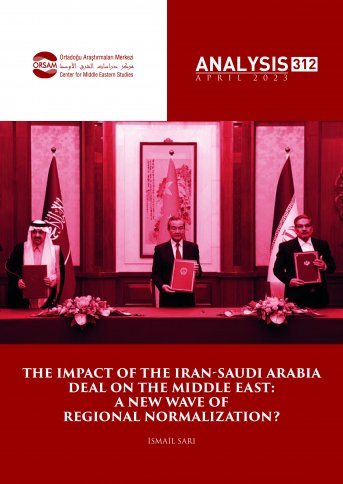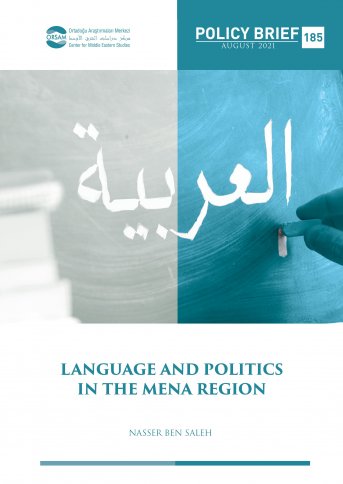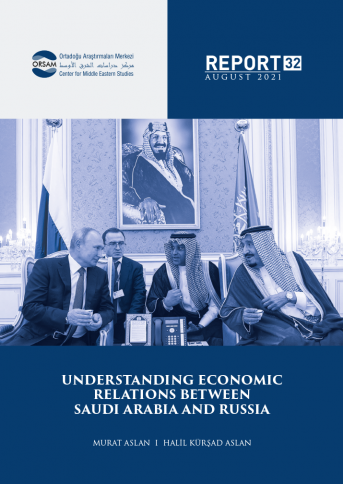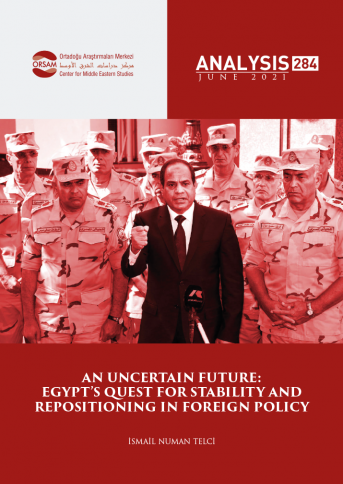
The Symbolic Relationship between ‘Ulamā’ and ‘Umarā’in Contemporary Saudi Arabia
This research can be considered within the framework of legal and political anthropology and the study topic centres around the effects of an alliance between Saudi ‘ulamā’ (the religious scholars) and ’umarā’ (the political leaders) in contemporary Saudi Arabia. The objective of this paper is to investigate to what extent the Wahhabī interpreted religious discourses are used to shape the political atmosphere of today’s kingdom. The paper will explain in more detail the continuing relationship between the ’ulamā’ and ’umarā’ in light of the Wahhābī doctrine of siyāsa shar‘iyya (a fundamental legal doctrine that establishes the relationship between the regime and its subjects in an Islamic state), while focusing on the historical ebbs and flows between the ’ulamā’ and ’umarā’.








